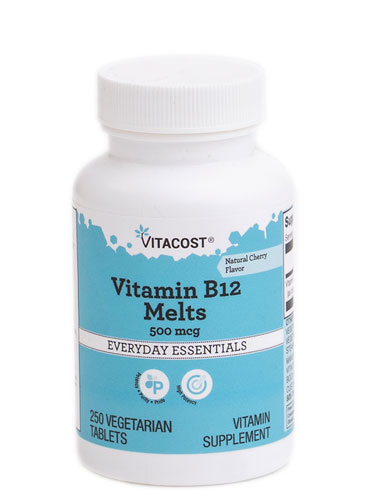Reading nutrition labels can be confusing; but if you’re armed with the knowledge of a few key terms, you’ll be able to make better decisions when purchasing vitamins, minerals, herbs and other nutritional supplements for yourself and your family. Many words and phrases familiar to nutritionists aren’t part of the average person’s lexicon; however, getting to know their meanings can greatly improve your ability to decode what appears on labels, helping you to choose the right formulas. Here's a guide to refer to when browsing bottles.
Daily Value: This term describes the percentage of the recommended dietary allowance (RDA) in a single serving of a nutritional supplement.
Botanicals: The word botanicals refers to plant-derived ingredients found in supplements.
Fortified: A general term, foritifed simply indicates whether a product’s nutritional value is enhanced with extra vitamins, minerals or other ingredients. For example, some foods are fortified with folic acid or other B vitamins.
Minerals: This term refers to a wide range of ingredients, such as magnesium or calcium, derived from natural sources. Many minerals need to be consumed by humans in order to achieve optimal health and nutritional balance. Minerals can support healthy functioning of your nervous system, cell growth, bones, teeth and more.
Free radicals: A commonly used term, free radicals are unstable molecules or atoms, with electrons that are unpaired. If some compounds in your body interact with free radicals, the normal functioning of your cells can become disrupted.
Antioxidants: By “donating” electrons to unstable cells, antioxidants can stabilize free radicals and make them less “free,” which can ultimately help to protect your cells from oxidative damage or inflammation. Common antioxidants include vitamin E, vitamin C, vitamin A and beta-carotene.
High potency: This term typically is reserved for vitamin supplements containing more than the established daily value of a specific vitamin or mineral. High potency products may also be referred to as “megadose” supplements.
Fat-soluble: Something that is fat-soluble is capable of being dissolved in fats or oils. What’s important to know is that fat-soluble vitamins can be retained in body fat and your liver, and will be used as needed by your body. This is beneficial, but only up to a point: you don’t want your intake of fat-soluble vitamins to exceed your body’s requirements. The potential disadvantages of excesses can include heart problems, nausea (including vomiting) and liver issues.
Water-soluble: When reading supplement labels, you should know that water-soluble nutrients (such as B-complex vitamins) are capable of being dissolved in water. These nutrients do not get stored in the body, so they need to be constantly replaced.
Macronutrients: This is a general term that refers to the kinds of compounds your body may need in larger amounts, such as proteins, carbohydrates and fats.
Micronutrients: Micronutrients are nutrients that your body may need in very small doses. Ingredients often found in supplements as micronutrients include zinc, selenium and chromium.
Some vitamins and minerals in the category of micronutrients can be important to your body’s ability to assimilate macronutrients.
Amino acids: Proteins are formed from these essential building blocks, and your body requires a variety of amino acids to maintain optimal health. Some amino acids, referred to as “essential,” have to be absorbed from foods you eat or supplements you take; other amino acids are manufactured by your body.




